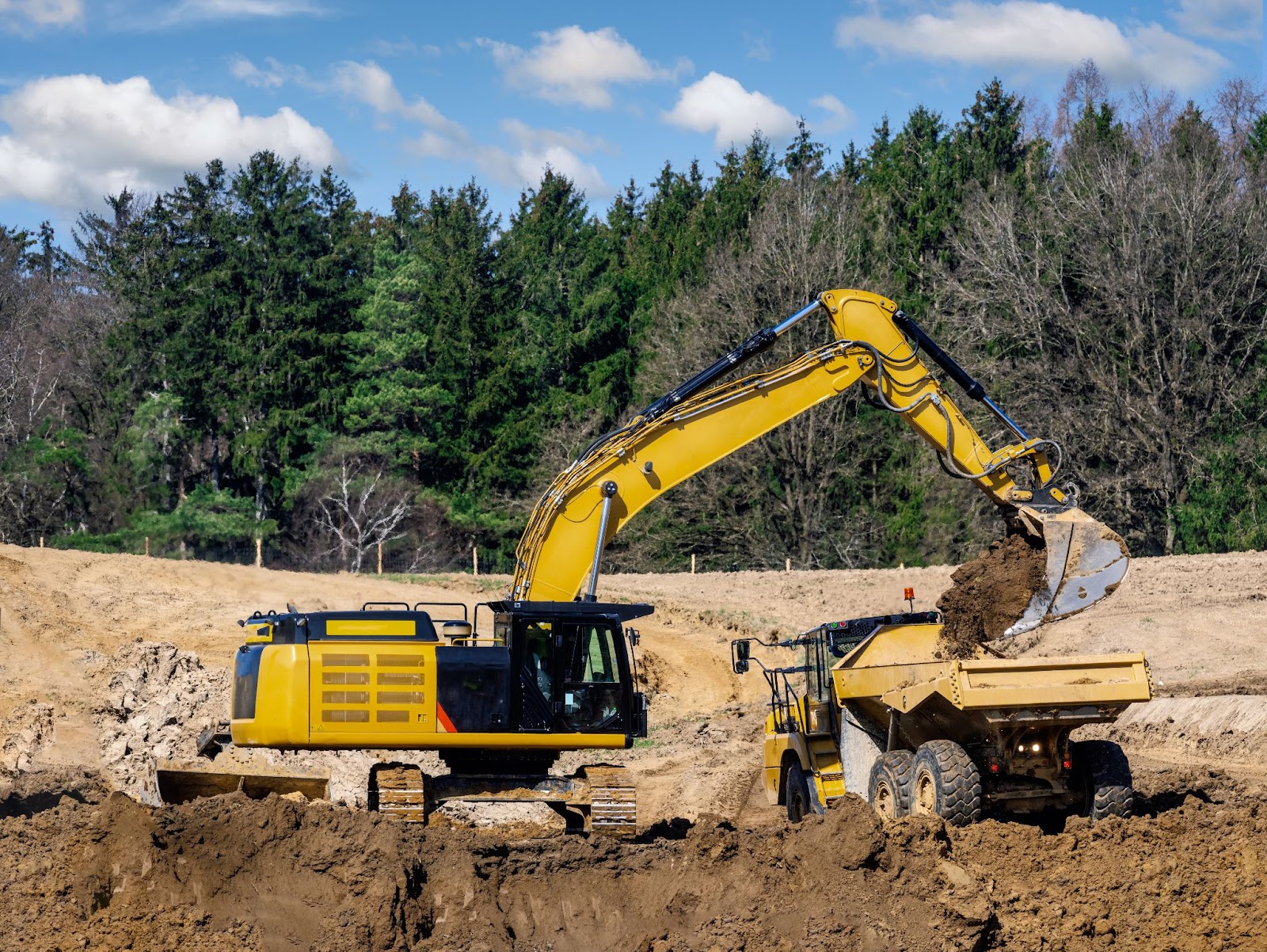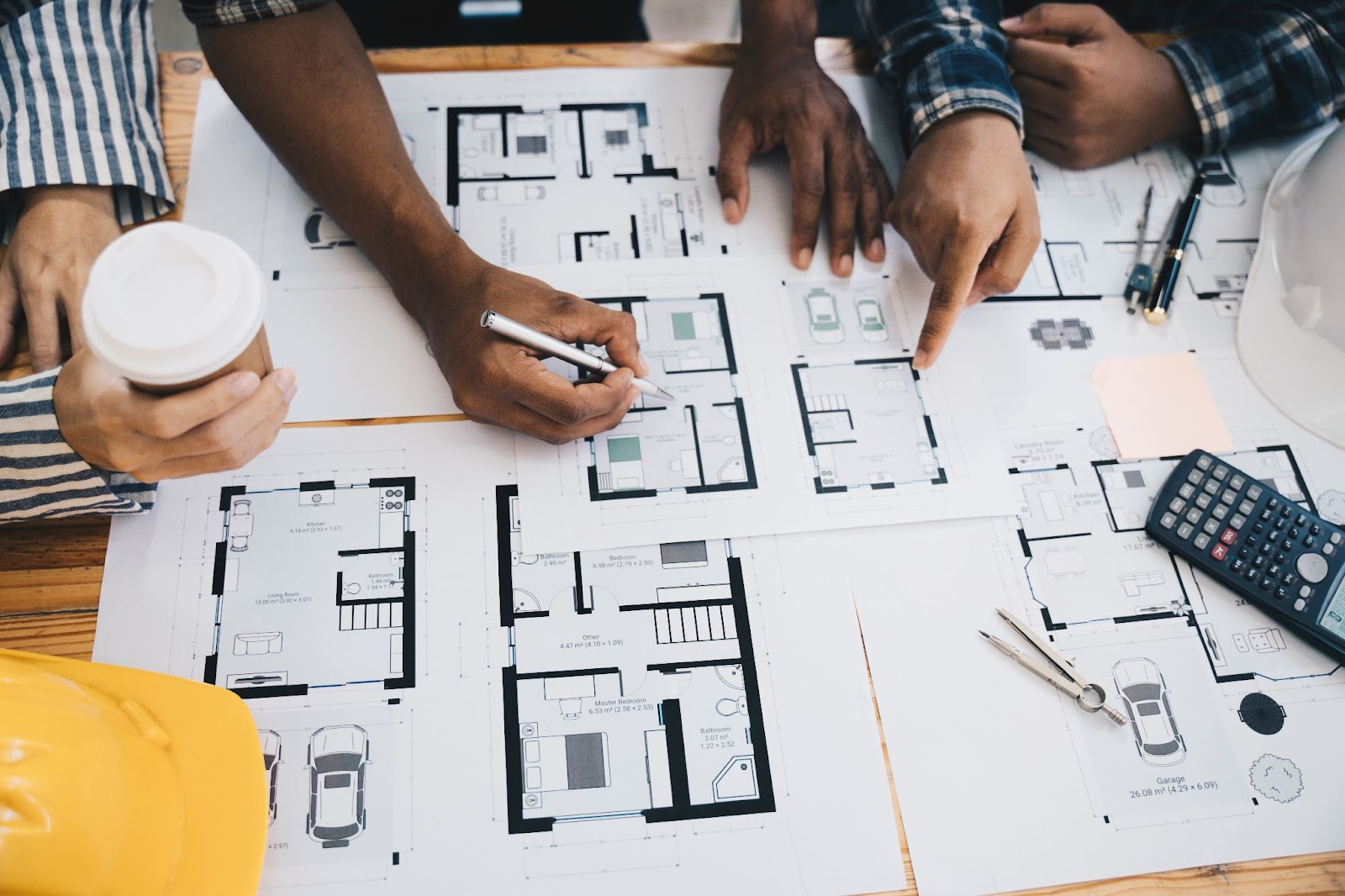So, you've decided to build your first home — exciting, right? But just a few conversations in, and you're already swimming in terms like titled land, setbacks, and knockdown rebuilds. Suddenly, building your dream home feels like learning another language.
Don't stress — you're not alone. The building industry is packed with jargon that can be overwhelming, especially for first-home buyers. That’s why we’ve broken down some of the most common terms you’re likely to hear, and what they actually mean for your build journey.
Knockdown Rebuild: When You Love the Location, Not the House
A knockdown rebuild is exactly what it sounds like — demolishing an existing house and building a brand new one in its place. This is a great option if you’ve outgrown your current home or bought a fixer-upper that’s more “fixer” than “upper”.
Why consider it?
-
You get a fresh, modern home without moving suburbs.
-
It often costs less than a major renovation.
-
You can customise everything — from floorplan to finishes.
Titled Land: The Green Light to Start Building
Titled land refers to a block that’s been officially registered and has a certificate of title. In simple terms, it means the land is legally recognised and ready for construction.
Why does it matter?
If your land isn't titled yet, you can’t start building. Many buyers purchase in new estates where land might still be waiting on council approvals or final surveys. Keep this in mind when planning your timeline.
Site Costs: The Hidden Costs of Building

Site costs are the expenses involved in preparing your block for construction. This includes soil testing, excavation, levelling, and connecting services like water and power.
Top tip:
Site costs can vary a lot depending on your land's slope, soil type, and location — always ask your builder if they're included in your quote.
Setbacks: Not a Delay, But a Design Rule
A setback is the minimum distance your house must be from the boundaries of your property. Councils enforce these rules for things like safety, privacy, and neighbourhood aesthetics.
Watch out for:
Tight blocks or corner lots — they often have stricter setback requirements that can affect your home's layout.
Floorplan: The Blueprint of How You’ll Live

Your floorplan is more than just a drawing — it’s how your home will function. It shows where the bedrooms, bathrooms, kitchen, and living areas are placed.
When reviewing floorplans, think about:
Fixed-Price Contract: Budgeting with Confidence
A fixed-price contract means your builder agrees to complete the work for a set amount. This protects you from nasty surprises — like costs suddenly blowing out halfway through the build.
Ask your builder:
Is everything included? Some "fixed" contracts still exclude site costs or upgrades.
Handover: When It’s Officially Yours
Handover is the moment you’ve been waiting for — when construction is complete, inspections are done, and you get the keys to your new home.
Pro tip:
Inspect everything thoroughly and list any defects or issues before signing off. This is your chance to ensure the home meets your expectations.
Easement: Don’t Build Over It
An easement is a legal right that allows someone else (usually a utility company) to access part of your land — typically for pipes or cables.
Why it matters:
You can’t build permanent structures over an easement, which could limit your design or landscaping options.
BAL Rating: If You're in a Bushfire Zone

BAL stands for Bushfire Attack Level. It rates how much bushfire risk your block faces. The higher the rating, the more bushfire-resistant your home needs to be.
Implications:
-
You may need special windows, cladding or roofing.
-
It can add to your build cost, but it’s essential for safety and compliance.
Turnkey Home: Just Bring Your Keys
A turnkey home is completely finished and ready for you to move into. That means flooring, blinds, landscaping, appliances — everything is done.
Perfect for:
Buyers who want a stress-free, move-in-ready option without extra work post-handover.
Speak the Language with Confidence
Building your first home is a big deal — and understanding the language is a big part of getting it right.
If you're ever unsure, don’t hesitate to ask your builder or developer to explain. A good professional will always be happy to break things down for you.
Publisher Website: www.homeshelf.com.au